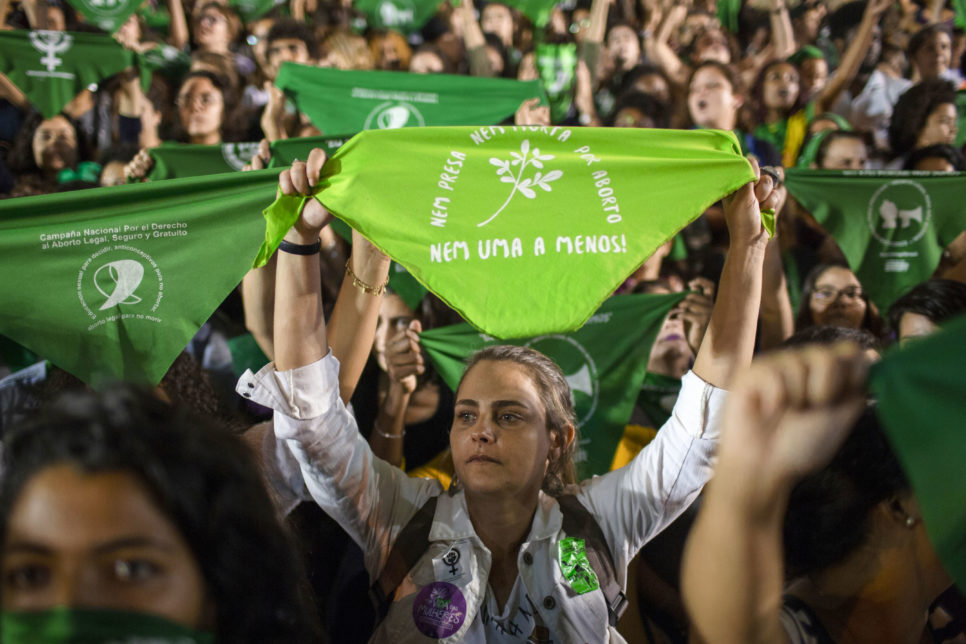
Fire burns an area of forest near the city of Porto Velho. Photo: Bruno Kelly/Amazonia Real
In 2019, Brazil made headlines around the world on account of the environmental devastation caused by forest fires and their incalculable impact on global efforts to combat climate change. In the same year, the Ministry of the Environment, led by Ricardo Salles, changed the composition of the steering committee of the National Fund on Climate Change, better known as the Climate Fund, which has existed since 2009 and is the country’s main body in combating global warming.
The measure limited the participation of the scientific community and civil society in the body and resulted in the suspension of its activities. The federal government also blocked funding for projects and failed to allocate most of its budget, which comes from oil royalties and special interest loans granted by BNDES (Brazilian Development Bank).
Read more
The maneuver was challenged by opposition parties in the Supreme Court in a Direct Action of Unconstitutionality by Omission (no. 60), although the rapporteur of the case, Justice Luís Roberto Barroso, determined that it should be received as an ADPF (Allegation of Violation of a Fundamental Precept, given the number 708).
Barroso also noted the importance of investigating an “unconstitutional state of affairs in environmental and climate matters”, which paved the way for a new debate in the court on the State’s responsibility to guarantee climate security for present and future generations.
At a public hearing held in September 2020, the coordinator of the Development and Socioenvironmental Rights program at Conectas, Julia Neiva, expressed the importance of a broader interpretation of article 225 of the Federal Constitution, which protects the right to a climatically stable environment.
She also pointed out that climate security is a duty of the State that is closely related to human rights, since it not only affects the rights to health, food, water, culture, development and adequate housing, but it threatens the very survival of people and their right to life and physical integrity.
Using examples, Neiva noted that this interdependence between climate and fundamental guarantees has been recognized by courts around the world and she highlighted that violations related to the climate emergency affect poor, non-white women more harshly, since they live under oppression and marginalization on account of their gender, race, class and territoriality.
Finally, Neiva reminded the hearing that the Paris Agreement, which is legally binding, requires States to respect, promote and consider their human rights obligations (including the right to development) when adopting measures to combat the climate emergency.
In addition to participating in the public hearing, Conectas submitted an application for admission as amicus curiae in the case with the support of the Global Justice Clinic of the NYU School of Law. In the application, the organization said that the suspension of the Climate Fund and the reduction of the budget for controlling deforestation and promoting sustainable production is illegal, undermines the Federative Pact and violates the constitutional right to an ecologically balanced environment. No date has yet been set for the judgment of ADPF 708 by the full bench of the Supreme Court.
Technical information
- Case: ADPF-708
- Court: Supreme Court
- Status: Awaiting judgment by the full bench
- Procedure:
- 6/28/20: Luís Roberto Barroso receives the case as an ADPF
- 9/21 and 9/22/20: Public hearing with the participation of Conectas







